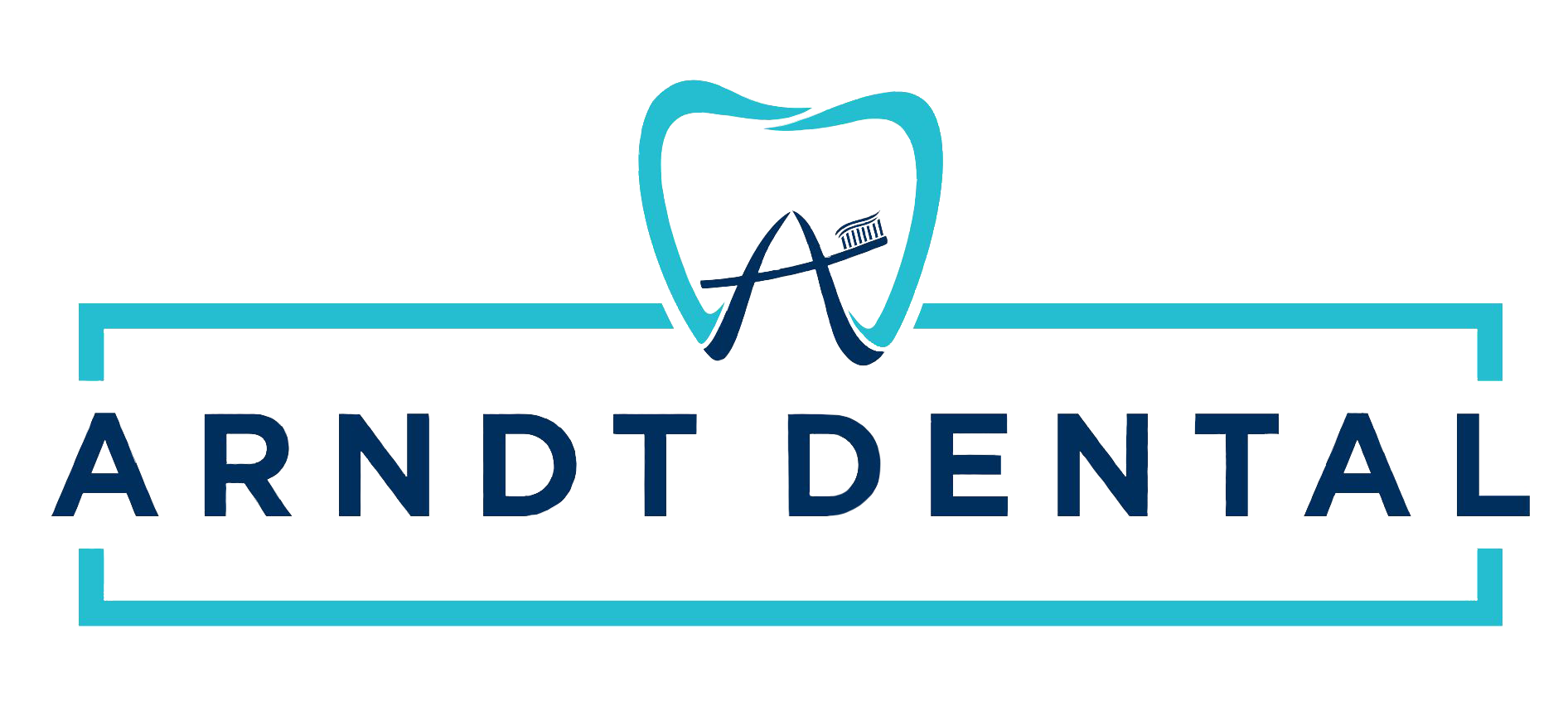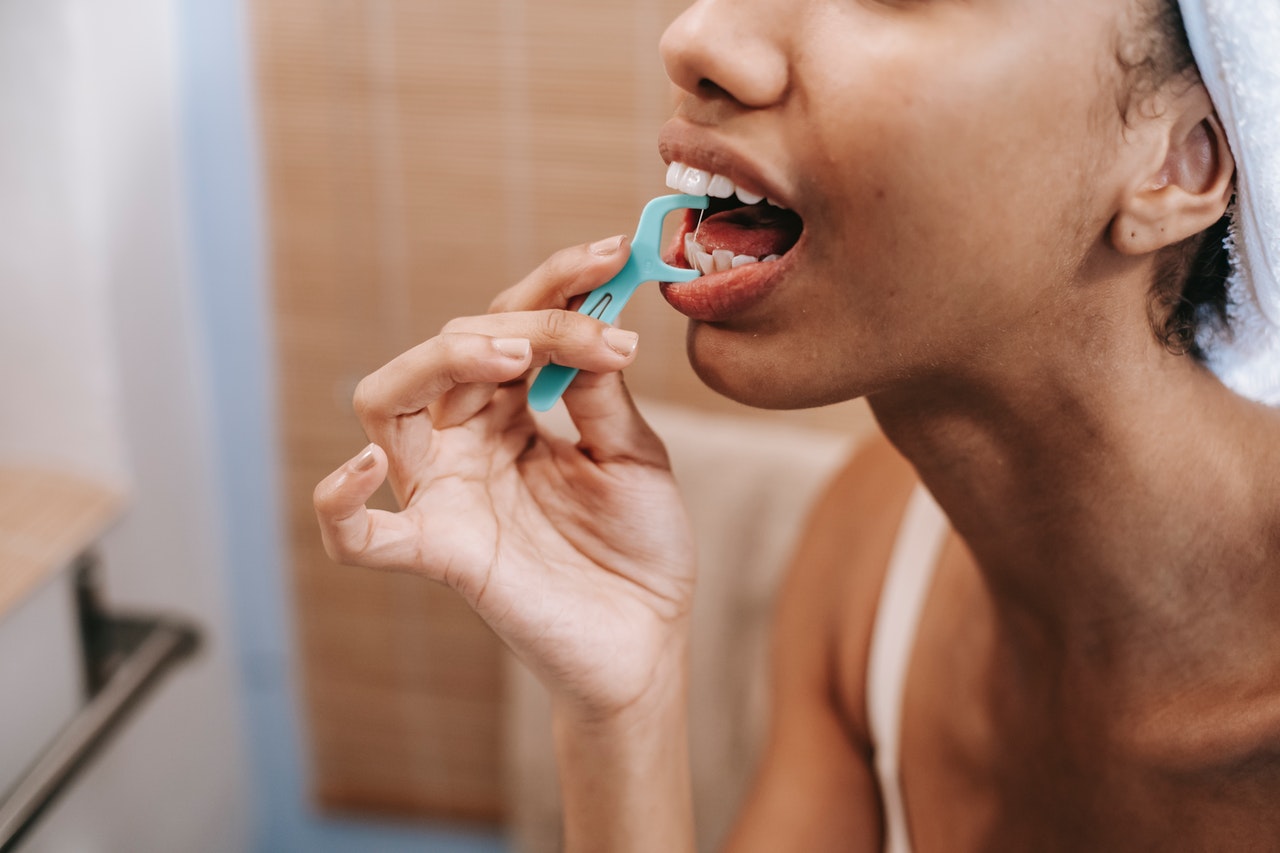Even for the most committed, flossing can sometimes feel like a chore—and if you don’t do it regularly, restarting the habit can be not just difficult, but painful. At the same time, we all know how important flossing is to overall dental health. Even if you brush after every meal, tiny particles of food can hide between your teeth and under your gumline. Over time, those particles form plaque, and can cause damage to your gums and your enamel.
But don’t lose hope! Anyone can build a flossing habit that would make their hygienist proud. Read on for tips and suggestions on how to make flossing a part of your daily routine.
When Should You Floss
Most dentists will say that the most important answer to this is whenever you will actually do it. There are upsides to flossing at night: when you sleep, saliva production reduces, so the cleaner your teeth are before bed, the better. At the same time, if your nighttime routine involves falling asleep on the couch and struggling to stay awake long enough to brush your teeth before bed, adding another step may be really hard for you. Some people prefer to floss after their midday meal. If you are a morning person, consider flossing before school or work. Remember, once it’s a solid habit, you can always change the time of day that you floss.
Another common question is whether to floss before or after brushing. The ADA reports that this is mostly a matter of preference; as long as you are flossing thoroughly, choose whichever you prefer.
What Kind of Floss or Flosser Should I Use?
Go into the dental hygiene aisle of any supermarket and you’re likely to be overwhelmed by all the choices. If the spaces between your teeth are very tight, you may prefer a gliding floss; otherwise, you may find that a rougher floss will be more effective at cleaning between your teeth. If you are trying to build a new flossing habit, try a few varieties or flavors and pick the one that you will actually use.
Studies suggest that flossing tools like soft pics may not perform as effectively as floss, so it’s important to take extra care in using them. However, if you have mobility issues, they can make flossing much easier—as always, whatever can help you floss regularly is an ideal option. Some people find that irrigators
Start Flossing Young
The best way to maintain good oral hygiene is by starting young. By making flossing a part of your kids’ dental habits early, it becomes a normal part of their daily routine. You can start flossing as soon as your child’s teeth start fitting closely together, usually between the ages of two and six. You can floss their teeth for them or help them floss until they develop enough dexterity to floss their teeth on their own.
Building a Flossing Habit
As we’ve stressed, the most valuable part of flossing is doing it regularly. If you floss perfectly but only once a month (or year), you will see little benefits. But if you floss daily—even if that habit starts with flossing just a couple of teeth at a time, until you are used to it—you will build a habit that can help support your dental health for years to come.
Ready to hear your hygienist compliment your flossing habits? Contact Orzechowski and Arndt today to schedule an appointment or ask any questions!

